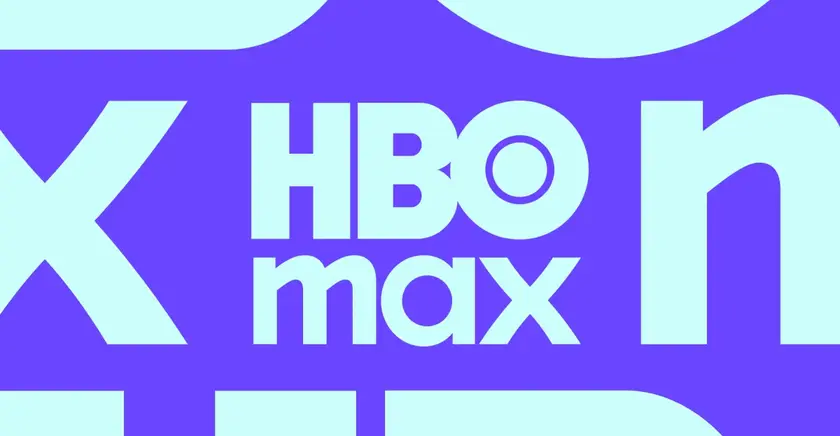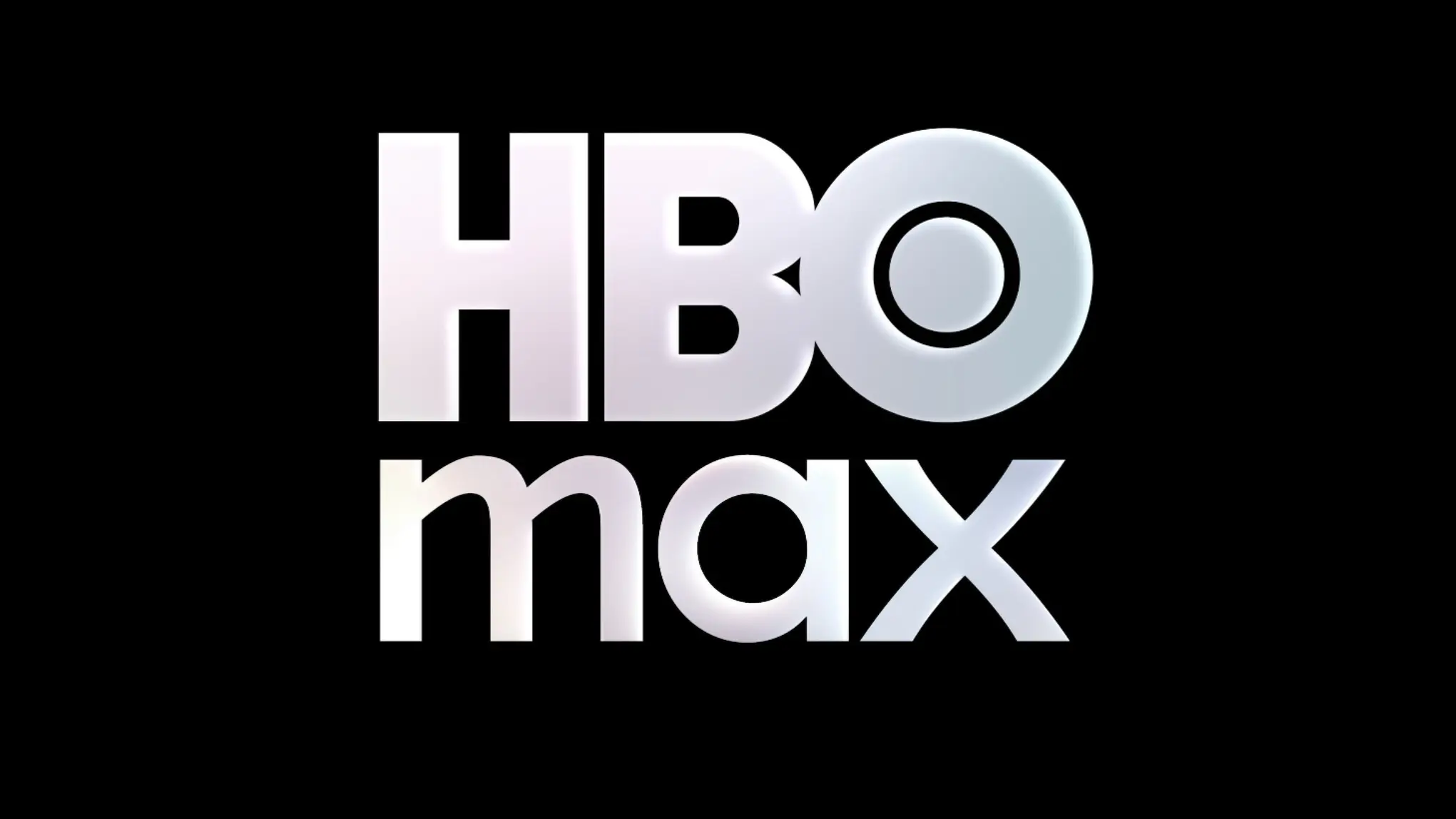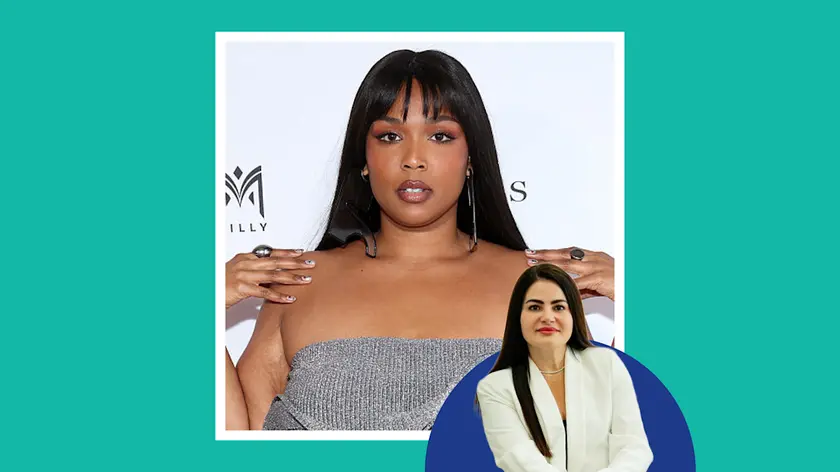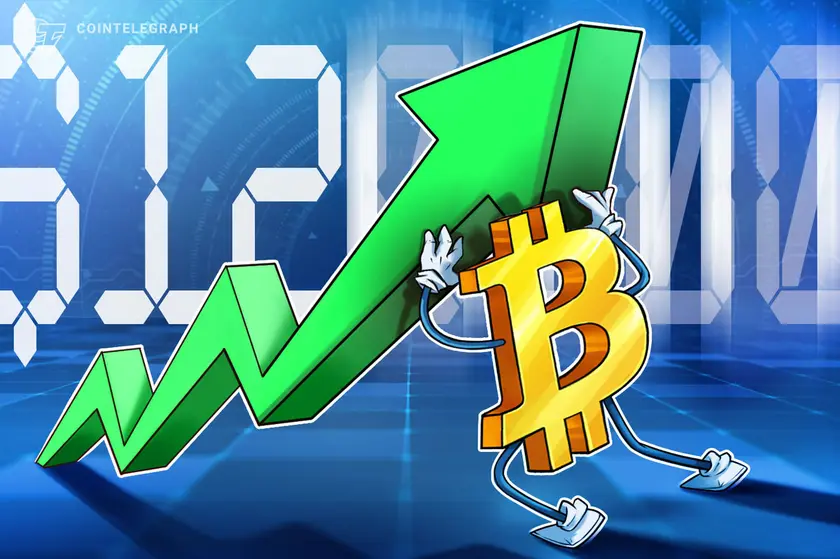T4K3.news
Riot tightens crackdown on boosting
Riot Games will ban accounts used for rank boosting and charge fees for such services in update 25.18, prompting mixed reactions online.

Riot Games tightens rules against alt accounts and boosting in League of Legends, drawing a sharp online response including a public exchange with a booster.
Riot cracks down on smurfing sparking online backlash
Riot Games on August 11 announced a tighter approach to tackling smurfing and the use of alternate accounts in League of Legends. In update 25.18, the company said it will ban accounts tied to rank boosting services and charge fees for such orders. The goal is to protect match quality and preserve the integrity of the ranked ladder. The policy shift comes after a rise in complaints about boosted accounts and a growing concern that boosting erodes fair play in the game.
On social media, a booster known as SLS said boosting was his main income and that he also coaches others. Riot’s director of product, Drew Levin, reshared the post and linked to McDonald’s careers page, joking about a new job. The exchange became a public test of how a big game company should handle player misconduct and criticism. Riot did not issue a long formal statement, but the reaction from many players ranged from support for tougher rules to skepticism about enforcement and inevitability of new workarounds.
Key Takeaways
"You built a business off ruining other players' games, right?"
Levin questions the booster's profits from harming gameplay
"I have no desire to preserve that at the expense of whatever lobbies you're boosting accounts through"
Levin clarifies his stance on protecting the game’s integrity
"The industry? Taking orders?"
SLS challenges the idea that boosting is a legitimate market
"You are paid to trick our skill evaluation systems"
Levin accuses boosters of gaming the ranked ladder
The episode shows how fast policy and personality collide in online spaces. Riot’s public stance signals a shift from soft warnings to visible enforcement, which could deter rank manipulation but also invites new questions about fairness for players who rely on boosting to compete in certain contexts. The McDonald’s jab adds a human, nearly satirical moment that underscores the gap between corporate policy and everyday online culture.
Enforcement will be the real test. Even with a clear rule, policing every boosted account is a moving target, especially as players adapt with new services and loopholes. The broader question is what a healthier ladder looks like for everyone: one where skill and effort matter as much as access to third-party help, and where the community trusts the platform to enforce rules without eroding the competitive spirit.
Highlights
- You built a business off ruining other players' games
- The industry? Taking orders?
- You are paid to trick our skill evaluation systems
- Bro, you do understand that you have built a business off of ruining other people's games, right?
Online backlash and policy changes around boosting crackdown
The public exchange over Riot's policy shift could influence player behavior and brand perception, with potential effects on the game's ecosystem and third-party services.
Policy and play intersect in a crowded online arena, and the ladder remains under watch.
Enjoyed this? Let your friends know!
Related News

HBO Max tightens password-sharing policy

836 arrested in Leeds during chaotic Love Decade rave

Trump administration sanctions El Makabelico over alleged cartel ties

HBO Max tightens password sharing

Savings allowances tighten under Reeves tax crackdown

Lizzo Reveals Secret to Her Body Transformation

French national arrested in Mali spying case

Bitcoin tops 122K after positive week
